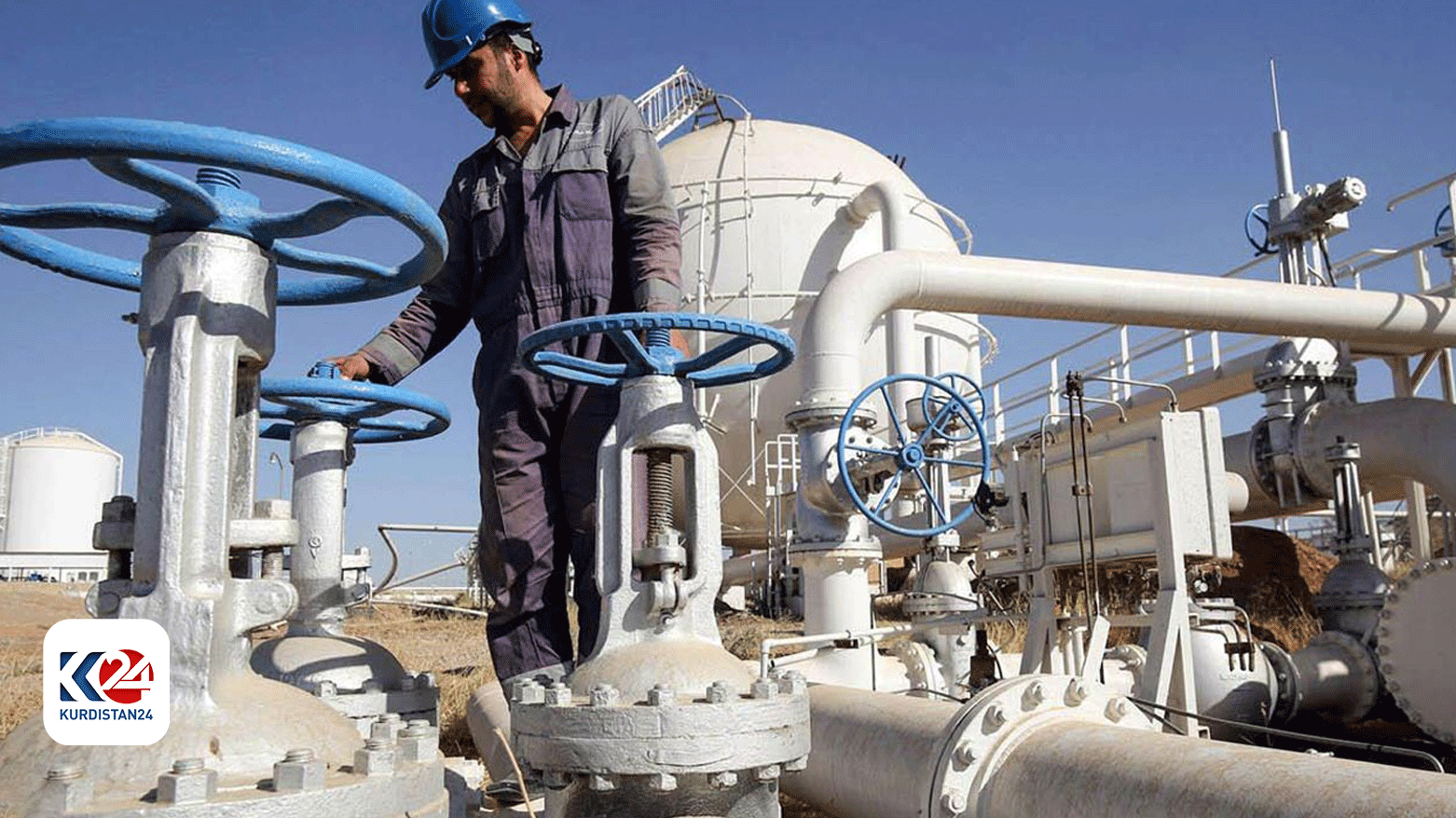OPEC urges Iraq to resume Kurdistan Region's oil exports amid production dispute
Subhi emphasized that while the UN and European nations such as Turkey, France, and Italy, have officially requested the resumption of Kurdish oil exports, OPEC's stance had not been formalized until now.

ERBIL (Kurdistan24) – OPEC has reportedly advised Iraqi Oil Minister Hayyan Abdul Ghani to permit the Kurdistan Region to export 200,000 barrels of oil per day through Turkey, amid ongoing tensions over oil production quotas and revenue sharing.
On Monday, Sabah Subhi, a member of the Iraqi parliament's oil and gas committee, explained to Kurdistan24 that OPEC had issued a warning to Iraq to cut overall production, caused by its overproduction, instead of allowing Kurdish exports.
Read More: Iraq blocks Kurdistan Region oil exports to stay within OPEC quota, MP claims
He explained that Iraq has exceeded its quota by 1.4 million barrels per day, primarily from southern fields, to compensate for the halt in Kurdish exports and address budget shortfalls.
Subhi emphasized that while the UN and European nations such as Turkey, France, and Italy, have officially requested the resumption of Kurdish oil exports, OPEC's stance had not been formalized until now.
He believes the pressure stems from international oil companies (IOCs) with ties to OPEC members, concerned about financial losses due to the export suspension.
“The strategic importance of the Ceyhan port for European energy security, particularly in light of the Russia-Ukraine conflict, further complicates the issue,” according to Subhi.
He argues that the technical aspects of resuming exports are in place, with Turkey ready to facilitate and IOCs capable of handling operations. The main hurdle appears to be the Iraqi government's dissatisfaction with the proposed oil extraction and transportation costs, which it deems higher than its own.
An oil ministry source confirmed OPEC's recommendation to Abdul Ghani but stated the minister had expressed concerns about the Kurdistan Regional Government's (KRG) commitment to revenue sharing and domestic oil supply.
Despite this, OPEC reiterated its position, reportedly leaving Abdul Ghani in a difficult position, ultimately deferring the decision to the Iraqi prime minister.
This development underscores the complex interplay of economic, political, and geopolitical factors surrounding Kurdish oil exports, and highlights the challenges Iraq faces in balancing its obligations to OPEC with its internal disputes over resource management and revenue distribution.
The Association of the Petroleum Industry of Kurdistan (APIKUR) has called for the resumption of the export of Kurdish oil, laying the blame for the continued stoppage squarely on Baghdad.
Read More: Association of Oil Companies Calls for Resumption of Kurdish Oil Exports
At the same time, a Kurdish member of the Iraqi Parliament, who sits on the Oil and Gas committee, explained that the real problem is that Iraq’s oil production is greater than its OPEC quota. Allowing Kurdish oil exports would compound that problem.